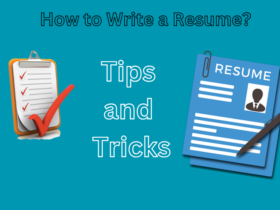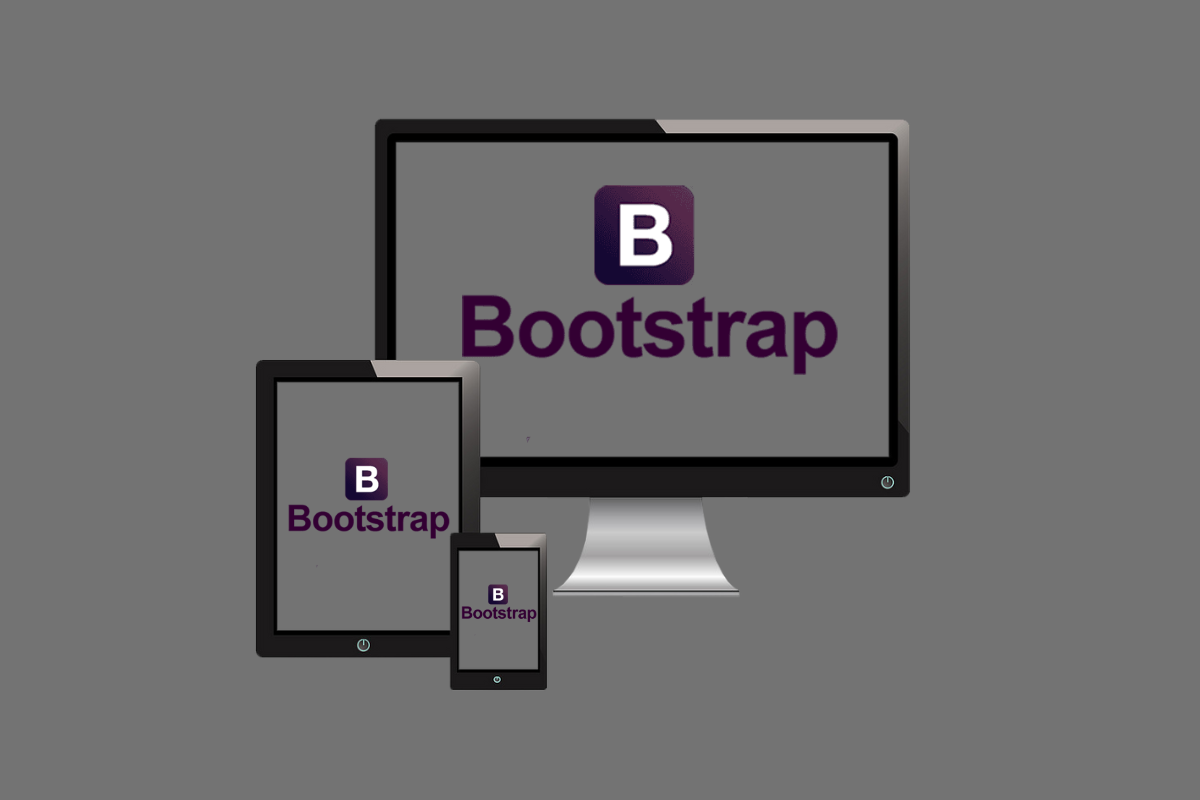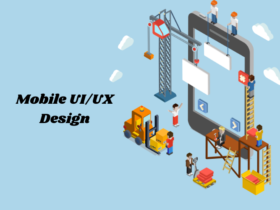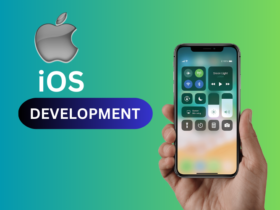Top Interview Tips and Tricks to Successfully Pass Your Interviews
Introduction
An interview can be nerve-wracking, but it also makes one perfect to show some of your skills and fit for the role. In fact, this is a tech-related interview, maybe a creative type, or even a role as a leader; the end point of a successful interview relies on preparation, great communication, and self-confidence. To drive your success in acing an interview, here are the top expert tips and tricks that can guide you through every part of the process.
Research the Company Thoroughly
Diligently research the company even before you begin answering the questions. Knowing the mission, values, culture, and recent news about the organization will demonstrate to the interviewer that you have done your homework and are interested in the role.
- Read the company website: Learn about their products, services, and history. You ought to see their core values because they guide you in fitting your answers to what they require.
- Explore social media: Try LinkedIn, Twitter, and other pages about the company so that you understand the voice that they have been using and some recent developments.
- Read reviews: Websites like Glassdoor provide a lot of insight into the company culture, interview process, and the amount of satisfaction that employees have.
Knowing everything in advance will give you proper preparation for any questions they may ask you, proving that you are a great cultural and professional fit for the company.
Prepare for Common Interview Questions
While each interview will be unique in its content, there are some common questions you may expect regardless of the industry or job title. Be ready to answer questions with flexible adaptations based on your conversation with your interviewer. Common questions are usually:
- Tell me about yourself: Prepare a very brief and compelling summary about your professional background, skills, and what you want from your career, focusing only on the things that relate most directly to the job.
- Why do you want to work here?: Explain your excitement about the company and how your skills fit the position.
- What are your strengths and weaknesses?: Be honest but strategic. Focus on a strength that’s important for the role, and for weaknesses, discuss an area where you’ve made significant improvement.
- Share with me an experience where you have faced a challenge at work: This is a behavior-based question. Use the STAR method to structure your answer, making it much more effective:
Preparation is key, but so is flexibility and preparedness to think on your feet.
Master the STAR Method
The STAR method is an excellent way to structure your answers to behavioral interview questions. It helps you answer the question in a concise and comprehensive manner, showing your skills and achievements.
- Situation: Describe the context or background of the situation.
- Task: Explain what task or challenge you faced.
- Action: Detail the specific steps you took to address the situation.
- Result: Conclude by summarizing how your solution works with some measurable effect or quantified results.
And that’s all without letting your answer get messy and boring to read.
Pose Insightful Questions
Mostly at the end of an interview, an interviewer will ask if you have any questions. It presents a chance for you to show interest in the job and company. It is also a time to consider if the company would be the right fit for you or not.
Avoid questions that are easily located on the company’s website or FAQs. Actually ask thoughtful, open-ended questions that demonstrate you are interested and curious. For example:
- What does success look like in this role?
- Can you describe the team I would be working with?
- What are the biggest challenges that the company or department are currently facing?
- How does the company support employee growth and development?
Asking insightful questions gives you a chance to collect some important information and that you want the job seriously.
Dress to Impress
Attire makes the first impression when interviewing at a company so make sure your dress would be able to match up with the seriousness of the company and position you are applying for and comfortable enough for you to avoid appearing stiff.
- Learn about the company culture: Begin with the dress code. A tech startup may wear less formal, while a law firm or a financial institution may require business formal attires.
- Overdressed a little bit more: Even if the company has a very casual dress code, it is still better to be slightly overdressed than underdressed for the interview.
- Dress professionally: Take care of personal hygiene and wear clean, ironed clothes.
Having a polished and professional appearance may make you feel more confident, but it will also show that the opportunity is serious
Body Language Practice
Non-verbal communication is just as important as saying anything in an interview. A positive body language conveys confidence, enthusiasm and engagement.
- Eye contact: Take good eye contact through the time you spend together as you are confident and interested
- Smile: Ensure a natural smile, will make you come out in rapport and look friendly while at the same time appealing to them.
- Good posture: The body would speak through good posture and not lie down.
- You avoid any distracting habits, though: You should avoid fidgeting, looking at phones, or crossing arms-this could be signs of having disinterest or being afraid.
You’ll come out concentrated on your body language for an interview.
Preparing For Technical Interviews (Tech jobs)
If you’re interviewing for a technical position encompassing development, engineering, data scientist, etc, then you can prepare in that you may face technical questions, maybe even coding challenges. So prepare for these by:
- Mastering the key concepts: Review basic-specific details on algorithms, data structures and system design depending upon the role.
- Practice coding challenges: Use online platforms such as LeetCode, HackerRank, or CodeSignal to practice coding problems and hone your problem-solving skills.
- Be prepared to explain how you got there. A lot of the time, solving a technical problem isn’t so much about being right but about how you get there. Be clear and methodical.
- Know your tools: Be prepared to deploy specific tools or platforms generally used in the industry (e.g., version control: Git, cloud services: AWS, Azure)
Follow-Up with a Thank-You Note
A great thank-you note or email to the interviewer within 24 hours of the interview really makes a difference and can send a message that you genuinely appreciate the opportunity and are still very interested in the position.
- Be honest: Share something particular from the interview that you enjoyed discussing or found insightful.
- Reiterate interest: Share your excitement for the role and your confidence to be a great fit.
A well-crafted thank-you note can leave a positive impression and help keep you at the top of the mind as the hiring decision is made.
Conclusion
An interview is a challenge and an opportunity to present your skills, experience, and personality. Being prepared and practicing common interview questions and fine-tuning your communication will well equip you for the interview process. Remember to always research the company, ask thoughtful questions, and stay calm and confident throughout the process. With these tips and tricks, you will surely ace your next interview and get the job you want.












Leave a Reply